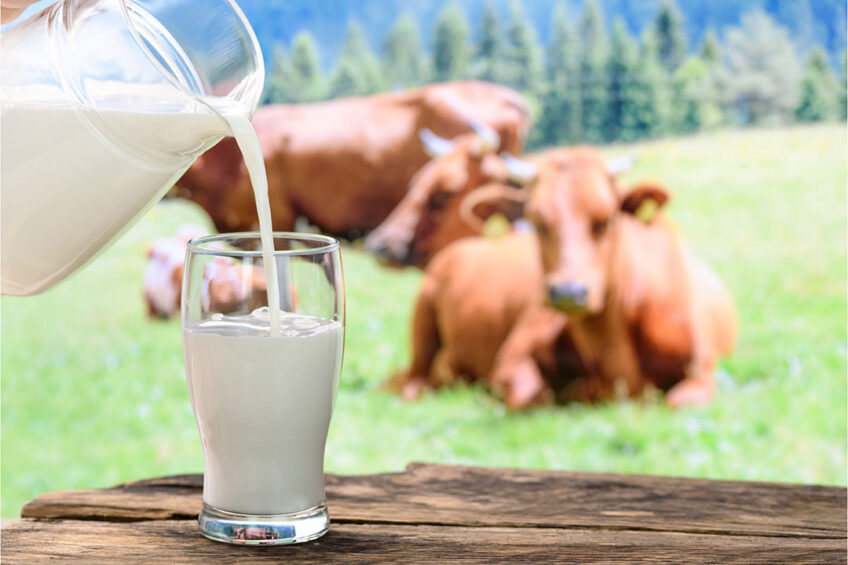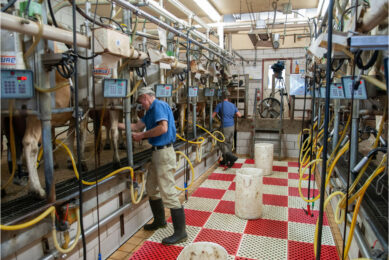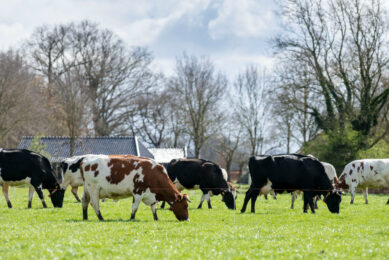Challenging year ahead for Polish dairy sector

Poland must be braced for turbulence in the domestic dairy industry in 2023 unless authorities find a way to tame the energy and gas costs in the long run, Agnieszka Maliszewska, director of the Polish Milk Chamber, told local news platform, Interia.
The critical challenge of the current year for the Polish dairy business is worsening competitive conditions on the global market, Maliszewska said, explaining that the soaring energy and natural gas prices on the European market are to blame, and this problem concerns not just Polish dairy producers, but dairy producers in the entire European Union.
The energy crunch is coupled with some long-standing issues, for example, a labour crisis, as young people tend to leave agriculture, especially milk farms, Maliszewska warned.
Dairy supply chain injustice
On the other hand, not all market players suffer from skyrocketing food inflation. In 2022, the retail price of milk and butter in Poland jumped by more than 60%, but manufacturers accounted for only a third of that growth.
“The situation is paradoxical since neither farmer nor dairy processor benefits from the growth [in retail prices], while the intermediary and the retailer do. And consumers feel the pressure of the price changes,” Maliszewska said.
A 5% decline in global butter prices registered in the previous months is unlikely to be seen in the Polish market. According to Maliszewska, even if some drop in wholesale prices happens, it will not be reflected on price tags on the grocery shelves. Basically, Polish dairy companies consider the current situation in the dairy market as unjust.
In addition, dairy cooperatives feel tremendous pressure from retail chains to lower selling prices, Maliszewska said.
New dairy price reality
In 2023, Polish consumers must be ready for a further rise in prices, according to Maliszewska. She believes that, in general, in Europe, food is rather cheap, and prices should rise to compensate for the rising production costs.
“Customers want products with outstanding quality but at a low price. This cannot be reconciled in these difficult times when the costs of energy, gas, packaging and labour have soared,” Maliszewska said.
Dairy labour crisis takes a toll
The current challenges aggravate other problems the dairy business faces, such as an outflow of young people from rural areas. This poses a significant threat to the raw milk production segment.
“We must do everything to keep young people in the countryside to produce food. Let’s remember, where there is a farmer, there is food. Otherwise, we will face a wave of uncontrolled imports of products from third countries,” Maliszewska said.
She continued that the only way to stabilise the dairy industry is if the government freezes energy and gas prices for food processors “in order to not let rising costs kill them”.
Join 13,000+ subscribers
Subscribe to our newsletter to stay updated about all the need-to-know content in the dairy sector, two times a week.










